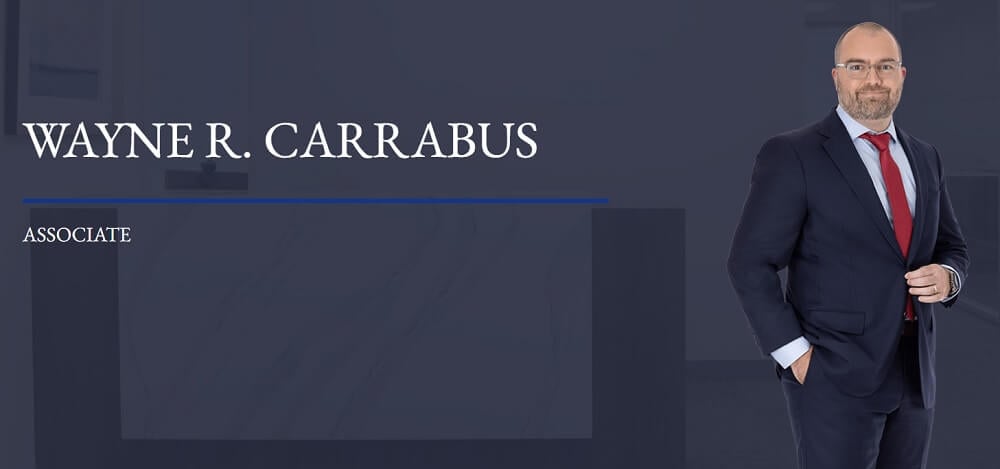A Last Will & Testament and a Trust are two common estate planning documents. Each requires the creator (the Testator in the case of a Will, and the Grantor in the case of a Trust) to name at least one person as the fiduciary, who will manage and administer the estate and trust. The fiduciary for a Will is called the Executor, and the fiduciary for a trust is called the Trustee.
As I allude to above, there can be more than one Executor and Trustee appointed. Many times, a person who has more than one child simply cannot (or does not wish to) choose one child over the other(s) to serve as the fiduciary. Or perhaps the person simply doesn’t trust a single person to do the job. Although there are some advantages to having Co-Executors and Co-Trustees, there are also some disadvantages. Below is a list of some of the pros and cons that should be considered before naming multiple fiduciaries.
Pros:
Because both roles can come with significant and time-consuming responsibilities, having more than one fiduciary can spread the “burden” around, so it doesn’t fall on the shoulders of just one person. Also, different people have different experiences and skillsets, which may allow for certain tasks to be more easily and efficiently accomplished when in the hands of the right person.
Cons:
When it comes to managing and administering an estate or trust, there are formalities that must be satisfied before the fiduciaries can accomplish certain tasks. For example, in order to probate a Will, a bit of paperwork must be signed by all the Executors before it is filed with the court. With more than one Executor, it will take longer for the paperwork to make its rounds to be signed, even if each person responds quickly. And if there is a lack of responsiveness by one or more Executors, it can add significant time to the processing of the estate.
Although the Testator or Grantor may appoint multiple fiduciaries in an effort not to offend their children, having multiple fiduciaries can sometimes strain the relationships enjoyed by the children. The reality is, having multiple parties that must come together to execute an action or make a decision can lead to conflict that can divide the family members. Even a small conflict can bring any process to a screeching halt until the conflict is resolved.
These are just a few things that a Testator or Trustee should consider before appointing more than one Executor or Trustee. Consulting with an experienced estate planning attorney will not only allow you to discuss these and any other potential negative issues in further detail but discuss how best to mitigate or eliminate them.
By Wayne R. Carrabus, C.P.A., Esq., at Futterman, Lanza & Pasculli, LLP with offices in Smithtown, Bay Shore and Garden City, NY, and clients throughout metro New York. He concentrates his practice on Elder Law, Medicaid Planning, Medicaid Applications, Estate Planning, Probate and Estate Administration and Estate Taxes.


